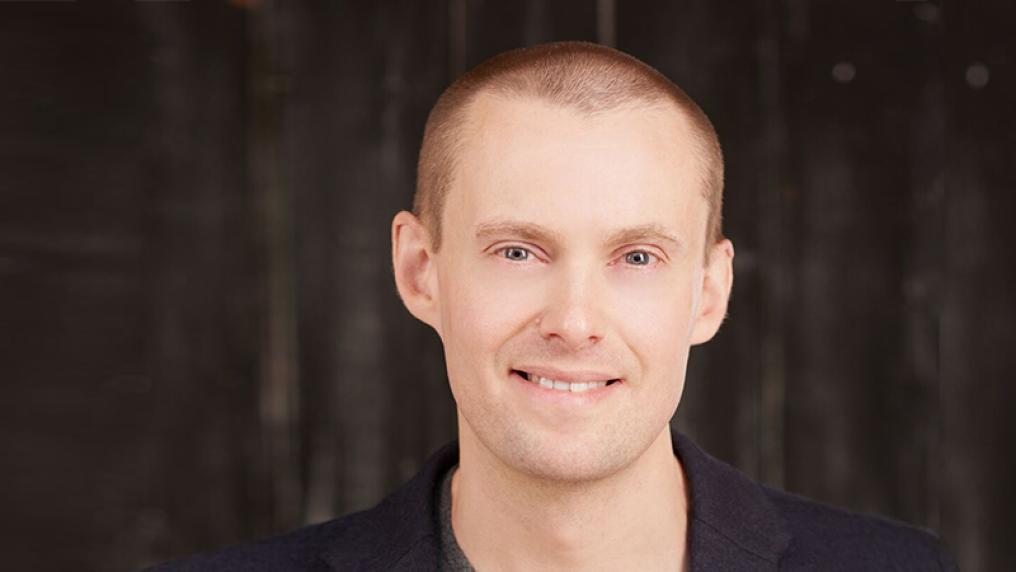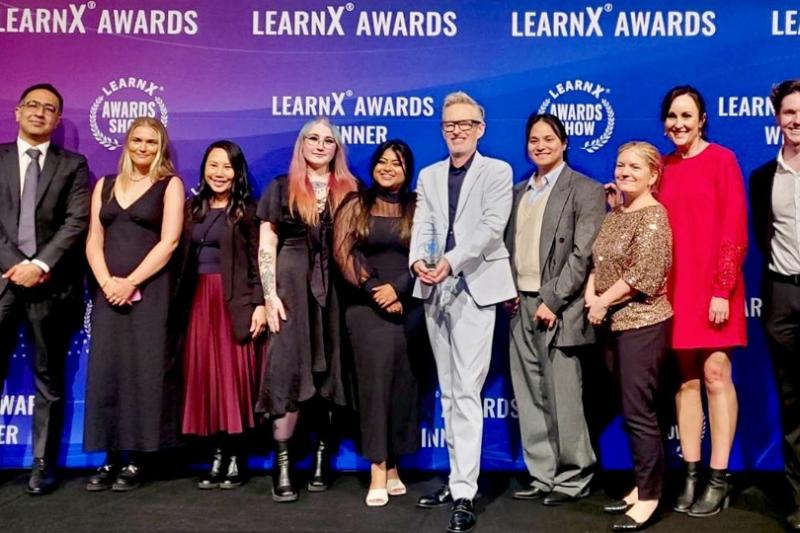It's ok, not to be ok

R U OK? Day is a national day that encourages all Australians to check in with each other and help share the burden of mental health. Sometimes it’s the small gestures that can have the biggest impact.
VU's Dr Peter Baldwin, Lecturer in Clinical Psychology, says R U OK? Day is a valuable initiative that has the potential to save lives. “It’s a really important day - anxiety and depression has many faces and it can be difficult for some people to put their feelings into words.”
One the big barriers is the fact that people are worried they’ll be stigmatized if they share their feelings. You’re not going to solve everyone’s problems, but it’s the perfect day to start those conversations.”
When it comes to identifying if someone is struggling with their mental health, Dr Baldwin suggests looking out for changes in mood or behaviour. “If someone is normally open and bubbly and suddenly they become withdrawn, that can be a sign their not coping. On the work front, missing meetings or not showing up at all can be an indicator.”
As a trained therapist, Dr Baldwin is used to having conversations about people’s mental health and thinks R U OK? Day is a good empathy exercise for the wider community because it’s a reminder about how difficult it is to share our thoughts and feelings. “Sometimes when we encourage people to talk about their feelings it means, shock horror, we might have to talk about our own, and that can makes us feel vulnerable, but R U OK? Day gives us permission to respectfully check in on each other.”
As a society, Dr Baldwin says we haven’t made enough headway when it comes to challenging the stigma that surrounds mental health. “I think the younger generation is really on top of it. I’ve noticed that my students talk about mental health issues with either myself, or each other. But in other areas, I think we’re stuck.”
Just because he’s an expert in the field, doesn’t mean Dr Baldwin doesn’t have his own bad days. “My self-care usually involves ice-cream, but I do try and resist… I usually try and connect with friends, or get outside and exercise. When we feel down, we tend to withdraw, but what helps is getting out, take a ten minute walk or whatever’s going to get you out and moving. It’s also important to remember that if someone is feeling depressed, the first point of call is your GP, who can do a quick assessment of your symptoms.”
On R U Ok? Day, Dr Baldwin plans to broaden his view of mental health and think about other areas where he could be lending a hand, from people in his life to his students. “Student mental health is a real problem. The rates of psychiatric illness is far higher at universities, especially in the areas of Law and Medicine. If you have a student in your life, why not start a conversation with them.”
13 11 14 - Call 24/7 for crisis support
1300 659 467 - People at risk of suicide, carers and bereaved
1800 55 1800 - Counselling for young people 5-25 years
1300 845 745 - Counselling service for people suffering grief.



